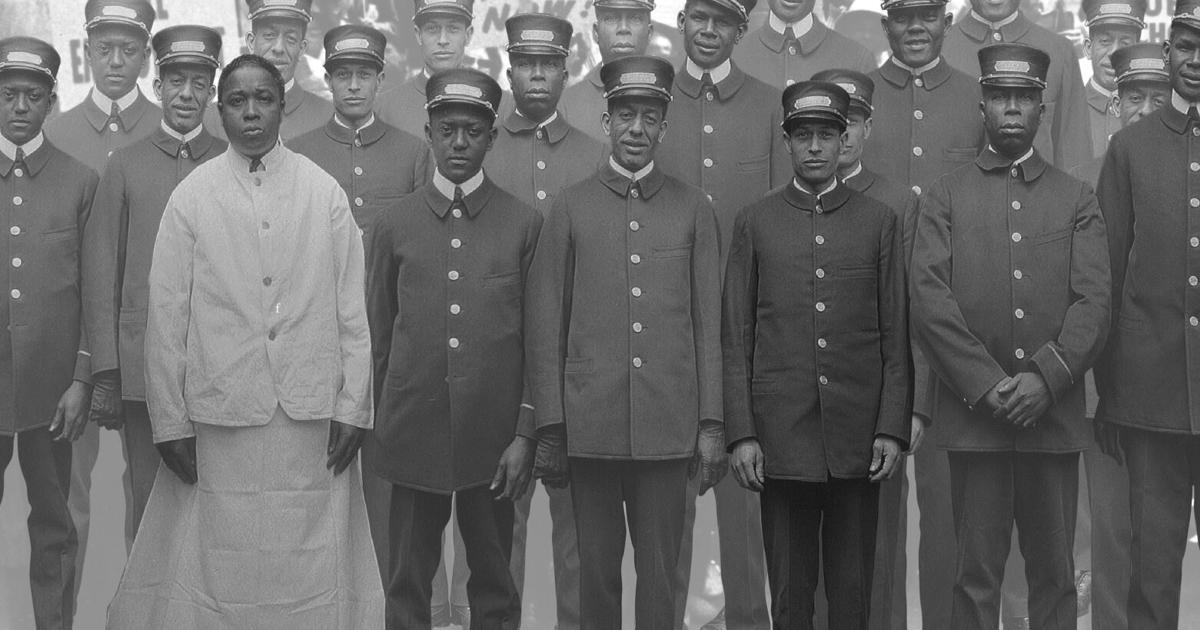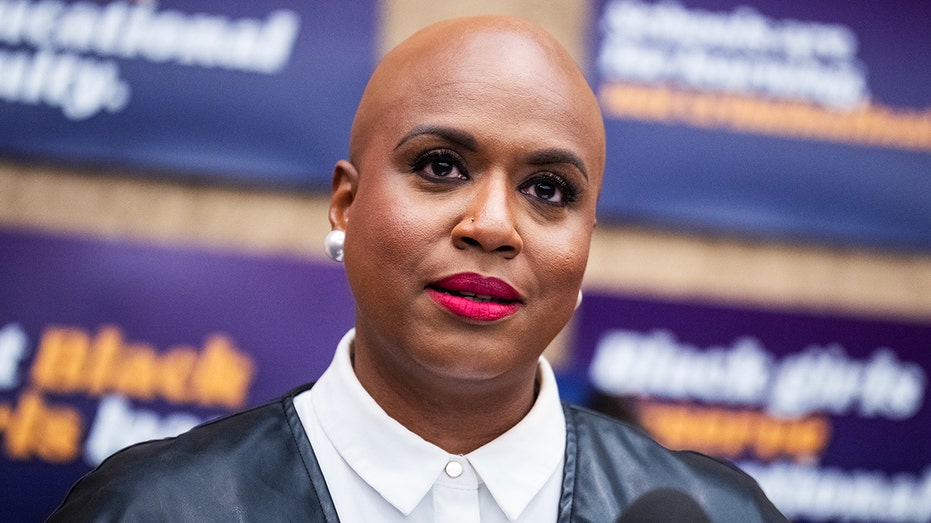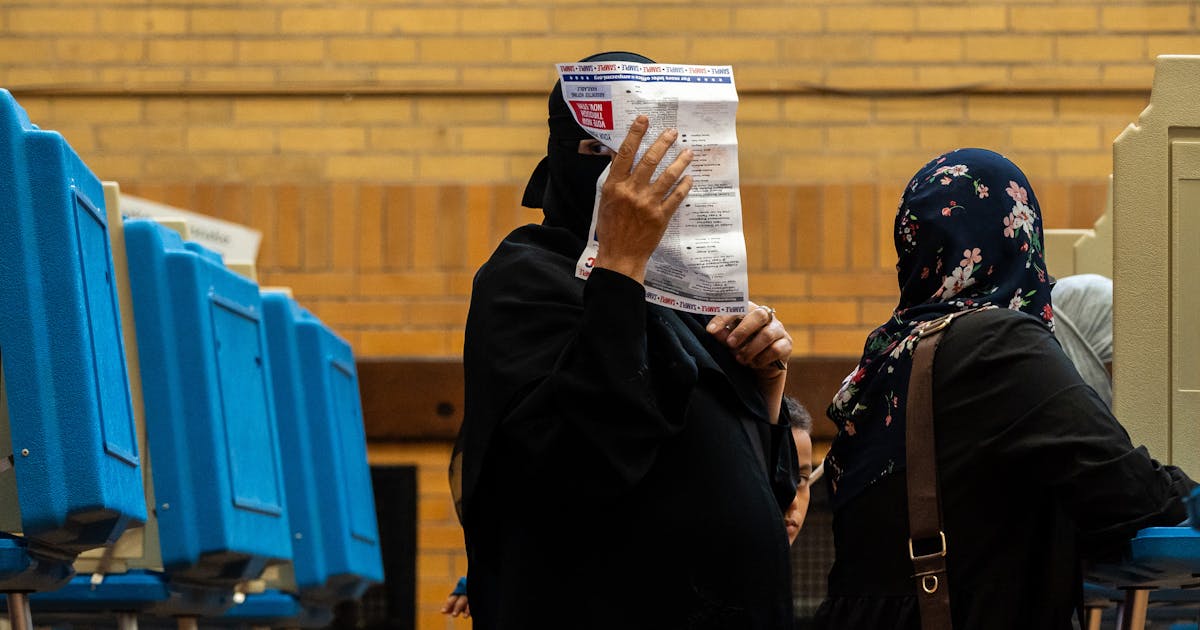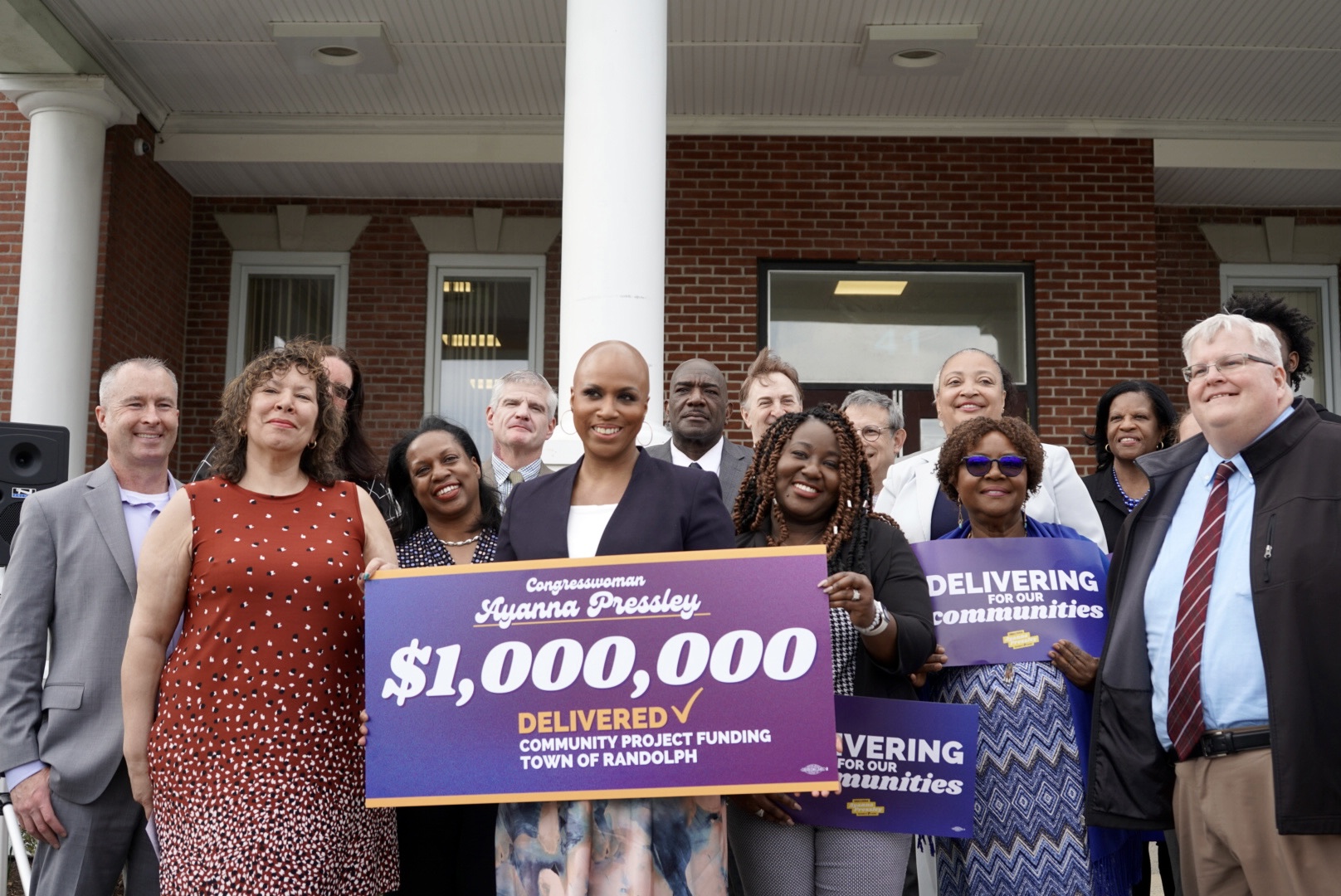- BlackVoter.Org
- Posts
- BlckVoter.Org
BlckVoter.Org


Discover the rich history of the Pullman Porters at Hildene's "Many Voices" exhibit, a highlight of Vermont's African American Heritage Trail. Set within a beautifully restored 1903 Pullman car, the exhibit showcases a timeline from the Emancipation Proclamation to the March on Washington, featuring the voices of those who shaped an era.
Learn about the crucial role these porters played not only in the Pullman Company’s success but also in establishing America’s Black middle class and the labor movement. On February 22, join educator Lisa Maggio for an enlightening discussion about their legacy and ongoing fight for social justice.
With its captivating stories and engaging atmosphere, Hildene invites visitors to reflect on the past while inspiring conversation for today. Open Thursday through Monday, this exhibit is a unique opportunity to connect with history and celebrate resilience.

In a bold move to address historical injustices, House Democrats, led by progressive Rep. Ayanna Pressley and Sen.
Cory Booker, have reintroduced H.R.
40, aiming to create a federal commission dedicated to exploring reparations for Black Americans descended from slaves. Pressley passionately stated, "reparations are a necessary step in achieving justice," amid an escalating climate of racial tensions.
This legislation seeks to investigate the lingering effects of slavery and develop actionable proposals for reparations, echoing previous efforts in California and other states. With support from 17 Democratic senators, the initiative seeks to confront the persistent racial disparities that continue to affect African Americans today.
Pressley emphasized the urgency of the moment, declaring, "We refuse to be silent," signaling a firm commitment to advocating for racial justice and accountability. As the conversation around reparations heats up, this legislation represents another key step in addressing America's complex racial history.

In a thought-provoking exploration, Marty Manley argues that American constitutional democracy is vulnerable to collapse due to the inherent weaknesses in presidential systems. Unlike parliamentary systems, which allow for more flexible leadership changes and distribute power among various actors, presidential systems centralize authority in one individual.
This concentration fosters conditions ripe for authoritarianism, especially when political norms and checks and balances erode. Manley highlights that the U.
S. has historically maintained stability, but recent turmoil—heightened political polarization and weakened institutions—poses a serious threat.
With figures like Donald Trump testing the limits of executive power, the article urges a crucial examination of whether the U.S.
can adapt its constitutional framework to address modern challenges. As political discontent grows, the need for reform and resilience in the face of potential tyranny becomes ever more pressing.

The New Republic's article dives deep into the startling shift of voters in Detroit, shedding light on why Democrats, particularly Kamala Harris, fell short in Michigan during the 2024 election. With Trump winning by a narrow margin of about 80,000 votes, much of the blame lies in Wayne County, where Harris lost a staggering 60,000 votes compared to Biden’s performance in 2020.
The article highlights the critical role of the Arab American electorate in places like Dearborn, where changing views on foreign policy drastically swayed voter sentiment. Economic issues, inflation, and a perceived disconnect from working-class concerns also contributed to Harris’s downfall.
As Trump’s appeal grows amidst shifting demographics, the piece raises essential questions about the future of the Democratic Party in Michigan, emphasizing the urgent need for a strategic reevaluation before the next election cycle.

Harry T. Moore was a trailblazer in the fight for civil rights, leading over 116,000 Black Floridians to register to vote during the tumultuous 1930s and '40s.
A dedicated educator and activist, he organized the Brevard County NAACP branch in 1934, advocating for equality in education and voter rights. Despite facing violent threats, Moore’s work inspired change, culminating in legal victories for Black teacher salaries in Florida.
Tragically, his relentless pursuit of justice made him a target, and on Christmas night 1951, a bomb exploded in his home, killing him and his wife, Harriette. Their deaths marked them as the first martyrs of the civil rights movement, and their legacy lives on at the Harry T.
and Harriette V. Moore Memorial Park and Museum.
Today, efforts to honor their contributions continue as historians strive to elevate their story in America’s civil rights narrative.

In a powerful stand against the current attacks on diversity, equity, and inclusion initiatives, Congresswoman Ayanna Pressley and Senator Cory Booker have reintroduced H.R.
40, a groundbreaking reparations bill, during Black History Month. This legislation aims to establish a federal commission to explore the enduring impacts of slavery and advocate for reparations proposals for African Americans.
At a recent press conference, Pressley emphasized the urgency of addressing systemic racism, stating, “It is anti-Blackness on steroids, and we’re not backing down.” Joined by several colleagues, the reintroduction of H.
R. 40 serves not only as a call for healing and accountability but also as a necessary acknowledgment of the nation's troubled history, amplifying the voices of marginalized communities.
With widespread support from various Congressional caucuses, this bill represents a significant step towards justice and equity in America.

In a controversial move, Donald Trump has appointed himself as the chairman of the Kennedy Center Board, which now conspicuously lacks any African American members. Critics are outraged, highlighting that none of the new appointees have backgrounds in the arts, branding the roster as a collection of Republican fundraisers and yes-persons.
The backlash has been swift, with notable figures like Shonda Rhimes and Renee Fleming severing ties with the Center. Trump, unabashed by the scorn, took to Truth Social to celebrate his new role, claiming it as a "great honor" that would transform the Kennedy Center into something "special and exciting.
" As the arts community watches in disbelief, the future of the Kennedy Center appears to be hanging in a precarious balance, igniting discussions around representation and artistic integrity in the wake of these politically charged appointments.